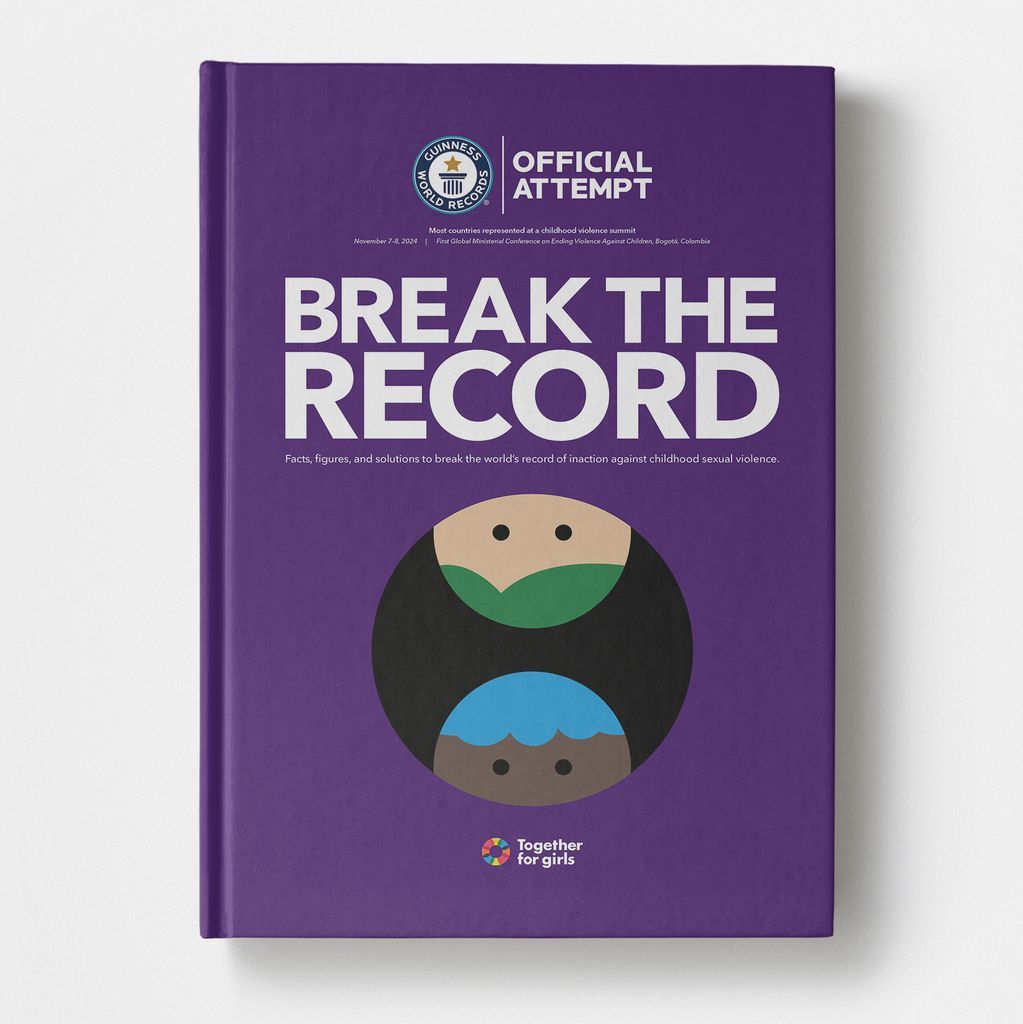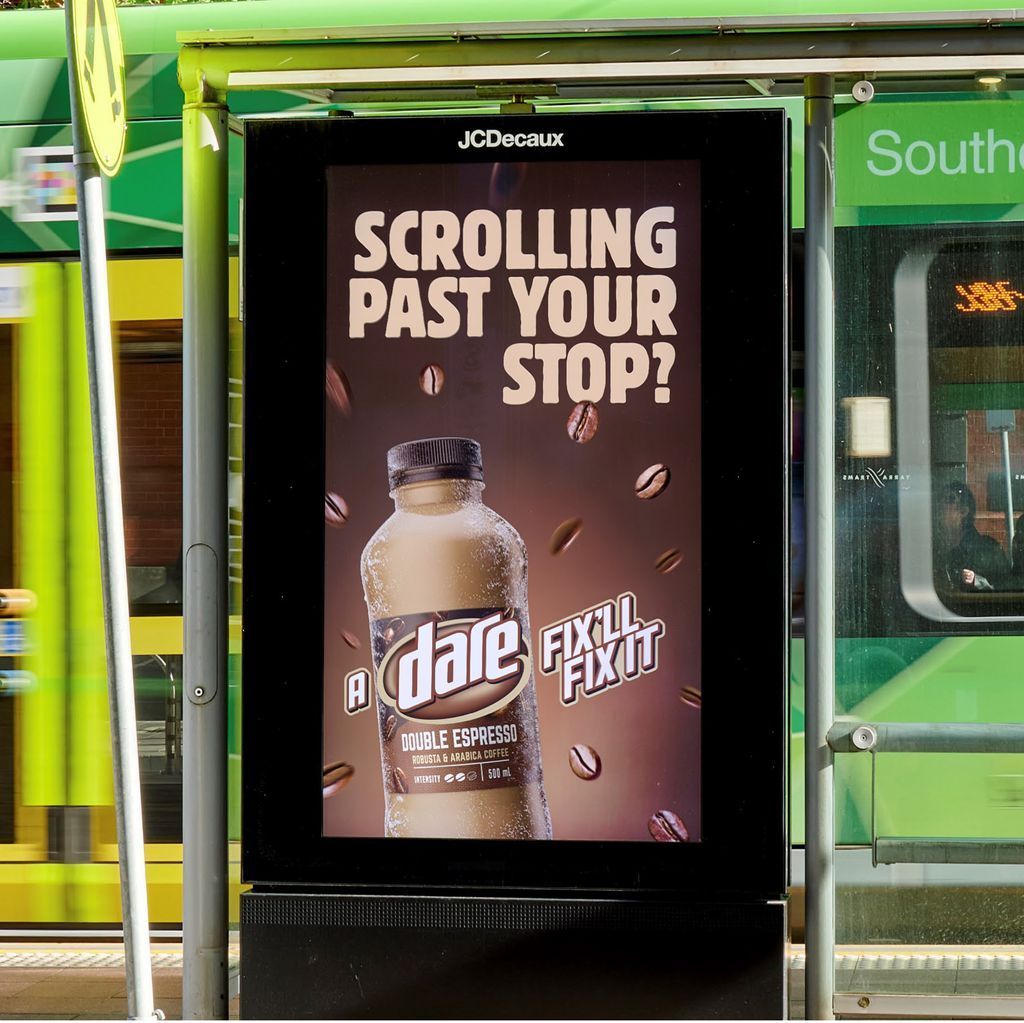

Image by Midjourney Pic: Midjourney
Editors' Note: Many Fast News images are stylised illustrations generated by Dall-E. Photorealism is not intended. View as early and evolving AI art!

Rights of consumers,
Asserted, protected, heard,
ACCC ensures.

ACCC encourages Australians to assert consumer rights amid rising warranty complaints
Nearly 30,000 consumer guarantees or warranty contract queries to the ACCC has led the consumer watchdog to encourage Australians to take advantage of their consumer guarantee rights under the Australian Consumer Law when dealing with businesses over defective products or poorly performed services,
The Australian Competition and Consumer Commission is urging Australians to utilise their consumer guarantee rights under the Australian Consumer Law when dealing with businesses over defective products or substandard services. The agency reported receiving over 28,000 reports and enquiries about consumer guarantees or warranties in 2023, accounting for about 30% of the more than 98,000 total contacts to the ACCC that year (excluding scams). Consumer guarantee issues have also consistently represented a significant proportion of contacts received by the ACCC since 2020.
The most reported categories of consumer products about which consumer guarantee or warranty issues were raised with the ACCC were motor vehicles, electronics and white goods, and homewares. Notably, 73% of all contacts from consumers to the ACCC about automotive issues and 68% of all electronics and white goods contacts last year related to consumer guarantees.
"When you buy a product or service from a business, you have automatic rights called 'consumer guarantees' under the Australian Consumer Law and they exist regardless of any warranty offered by the business," ACCC Deputy Chair Catriona Lowe said. "Even if a voluntary warranty, manufacturer's warranty, or extended warranty has expired, you may still be able to use your consumer guarantee rights under the Australian Consumer Law, which don't have a specific expiry date."
The ACCC has taken enforcement action against several companies in recent years for misleading consumers about their consumer guarantee rights, and more investigations are currently underway. In December 2023, the Federal Court ordered US-based Fitbit LLC to pay penalties of $11 million after it admitted to making false, misleading or deceptive representations to 58 consumers about their consumer guarantee rights.
In the same month, the ACCC also accepted a court-enforceable undertaking from Australian Post and its subsidiary StarTrack after they admitted to likely engaging in misleading or deceptive conduct for failing to accept compensation requests and incorrectly advising some business customers that no compensation was payable to them for lost or damaged articles.
In October 2023, Stellantis Australia, the importer and distributor of Jeep vehicles in Australia, undertook to address ACCC concerns about the way it handled complaints by consumers who experienced problems with their Jeep vehicles, in a court-enforceable undertaking accepted by the ACCC.
"Businesses are reminded it is unlawful to give customers false or misleading information about their consumer guarantee rights. Where consumer guarantee rights apply, consumers are entitled to the remedies provided by the Australian Consumer Law," Lowe warned.
"We know that many people don't feel sufficiently knowledgeable or confident to challenge a business when they believe something they have purchased isn't of acceptable quality."
Lowe said the ACCC continues to call for changes to the law to make business non-compliance with consumer guarantee obligations illegal. Currently, the consumer guarantees provide a private right enforceable by consumers. The ACCC and state and territory consumer protection agencies can take action if a business misleads a consumer about their entitlement to a remedy, but this action does not directly deal with the core issue of businesses not providing the remedies consumers are entitled to under the consumer guarantees.
The ACCC also highlighted several common statements brands may be using which are misleading, For instance, 'Your product is out of warranty, so we can only repair it for a fee', which isn't correct.
"Consumer guarantees are automatic and are separate from any voluntary warranty, manufacturer's warranty, or extended warranty. Consumer rights can last longer than warranty rights, and you can ask for a repair, refund or replacement after the warranty has expired," the watchdog stated.
Likewise, suggesting no refunds under any circumstances are accepted isn't right, nor is the claim customers must return a faulty product within 10 days to be eligible for a refund.
Partner Content from Salesforce
A Guide to Personalised Marketing That Keeps Customers Engaged
Customer Service Makes a Strategic Shift for ANZ Organisations










